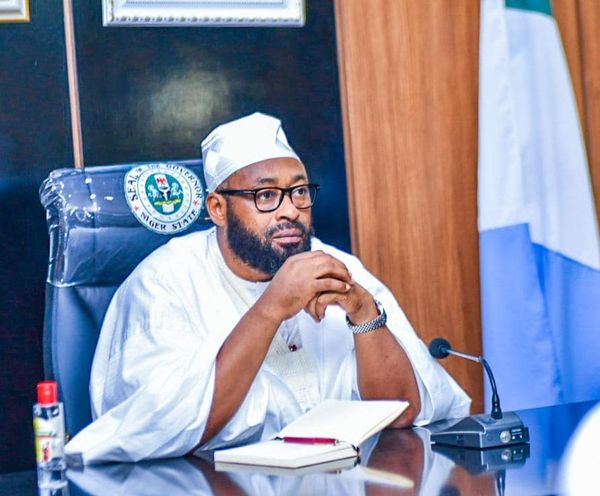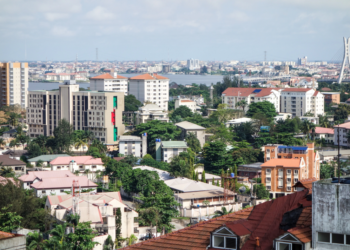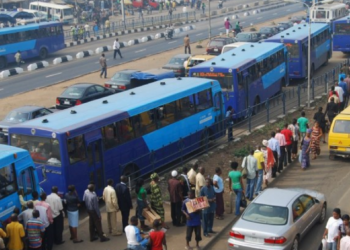Nigeria’s subnational debt profile witnessed a significant shift in 2024, as new data revealed that the combined debt stock of the 36 states declined by a massive 32.32% year-on-year, falling from N5.86 trillion in 2023 to N3.97 trillion in 2024.
The contraction signals a renewed focus by several state governments on debt sustainability, budgetary discipline, and alternative financing models amid growing fiscal pressures.
However, despite this broad-based decline, some states remain deeply entrenched in the country’s debt landscape, either due to existing financial obligations or a strategic push for infrastructure-led growth.
Here’s a breakdown of the top 10 states with the highest public debt stock in 2024 and how they compare year-on-year.
Top 10 Most Indebted Nigerian States in 2024

Niger State’s debt stock remained largely stable with a marginal 0.67% increase over 2023 figures, suggesting cautious borrowing and drawdowns on previously approved facilities.
Governor Umaru Bago’s administration has pursued an infrastructure-driven growth model, with projects like urban renewal in Minna and the Bida Ring Road. However, the state’s Medium-Term Debt Strategy favors concessional funding over high-interest borrowing, keeping debt expansion in check while sustaining capital investments.






















